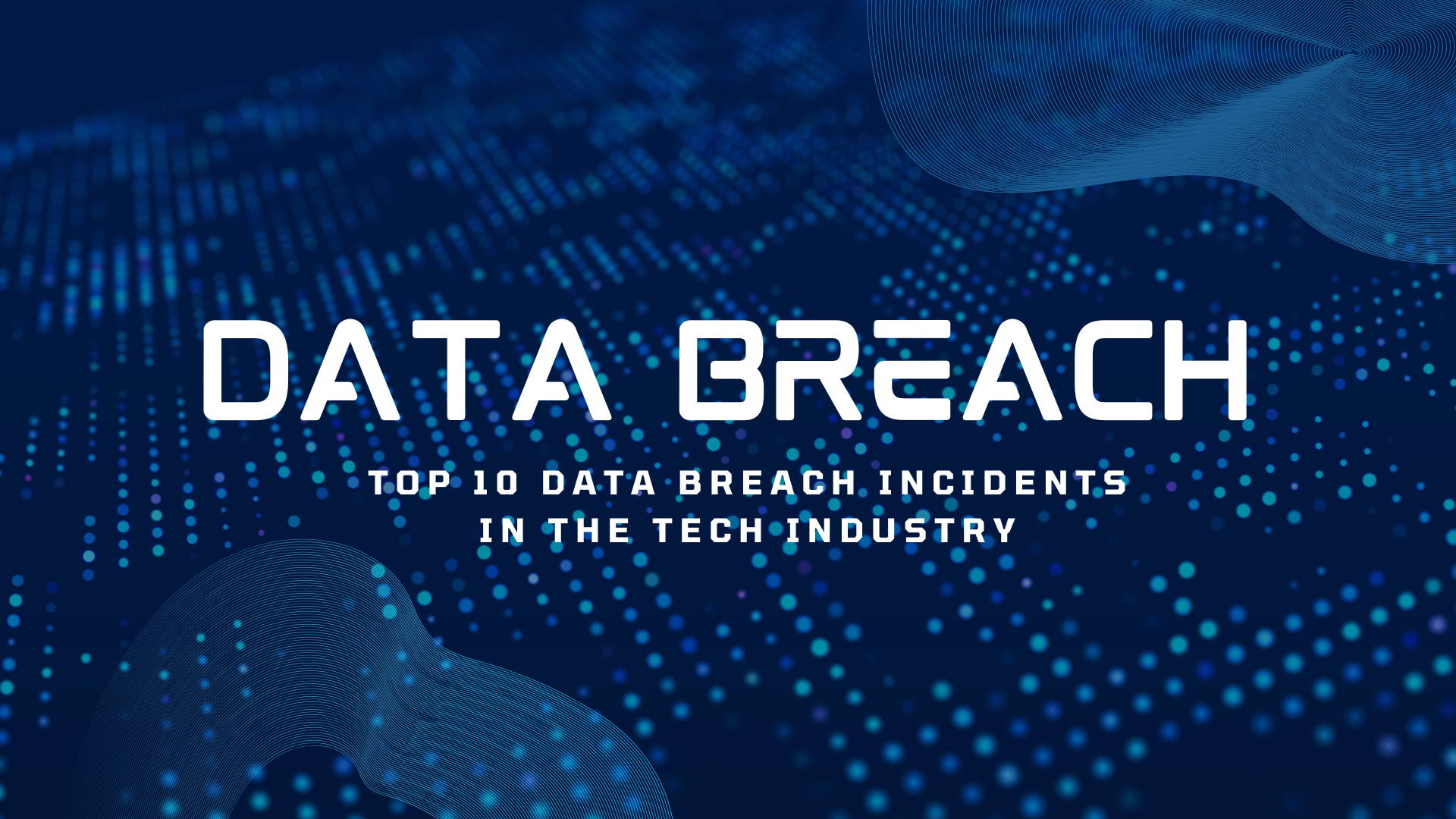- • Corporate VPN
- • 3 minutes
- • 08 Aug 2024

In the digital age, data breaches have become a common yet devastating occurrence for many businesses. For large corporations, these breaches can lead to significant financial losses, reputational damage, and legal consequences. Here, we dive into ten of the most notable data breach incidents that have affected big corporates in recent years.
Arguably one of the largest data breaches in history, Yahoo announced in 2016 that all 3 billion of its user accounts had been compromised in a 2013 hack. The breach exposed users’ names, email addresses, phone numbers, birth dates, hashed passwords, and security questions and answers.
The credit reporting agency Equifax experienced a breach that affected 147 million people. Sensitive information, including Social Security numbers, birth dates, addresses, and driver’s license numbers, was exposed. The breach was attributed to a vulnerability in a web application tool.
In 2018, Marriott disclosed a breach that had been ongoing since 2014, affecting up to 500 million guests. The data exposed included passport numbers, email addresses, and payment card information. This breach involved Marriott’s Starwood guest reservation database.
During the 2013 holiday shopping season, Target suffered a data breach that compromised 40 million payment card accounts and the personal information of 70 million customers. The attackers gained access to Target’s network using credentials stolen from a third-party vendor.
Adobe reported in 2013 that 38 million user accounts had been compromised. The breach included user IDs, encrypted passwords, and encrypted payment card numbers. Additionally, source code for several Adobe products was stolen.
In 2011, Sony’s PlayStation Network was hacked, resulting in the exposure of 77 million user accounts. Personal information, including names, addresses, email addresses, birth dates, and login credentials, was compromised. The network was down for 23 days, causing significant disruption.
In April 2019, security researchers discovered that Facebook had stored hundreds of millions of user passwords in plain text. The incident, though not a hack, exposed the social media giant’s lax security practices, affecting millions of users worldwide.
Home Depot’s payment system was breached in 2014, affecting 56 million payment card accounts and 53 million email addresses. The attackers used custom-built malware to steal card information from self-checkout systems.
In 2017, Uber revealed that it had suffered a data breach the previous year, affecting 57 million riders and drivers. The breach included names, email addresses, phone numbers, and driver’s license numbers. Uber paid the hackers $100,000 to delete the stolen data and keep the breach quiet.
British Airways experienced a breach in 2018 that affected around 380,000 transactions. 500000 customers’ data was leaked and half of them contains the credit card numbers. The attackers stole personal and payment card information, including names, addresses, and payment details. The breach was attributed to a vulnerability in the airline’s website and mobile app.
These data breaches highlight the importance of robust cybersecurity measures and vigilant monitoring for large corporations. While the scale and impact of these incidents vary, the common thread is the significant damage they cause to both companies and consumers. Moving forward, companies must prioritize data protection and invest in advanced security technologies to safeguard against such breaches. Using a corporate VPN can protect you from such data breaches. Symlex Layer is a corporate VPN specially crafted to secure your business data and customizable according to your business needs. Feel free to contact us for details.
Symlex Layer Cybersecurity Blog
Read blog on different category
Last update: Yesterday